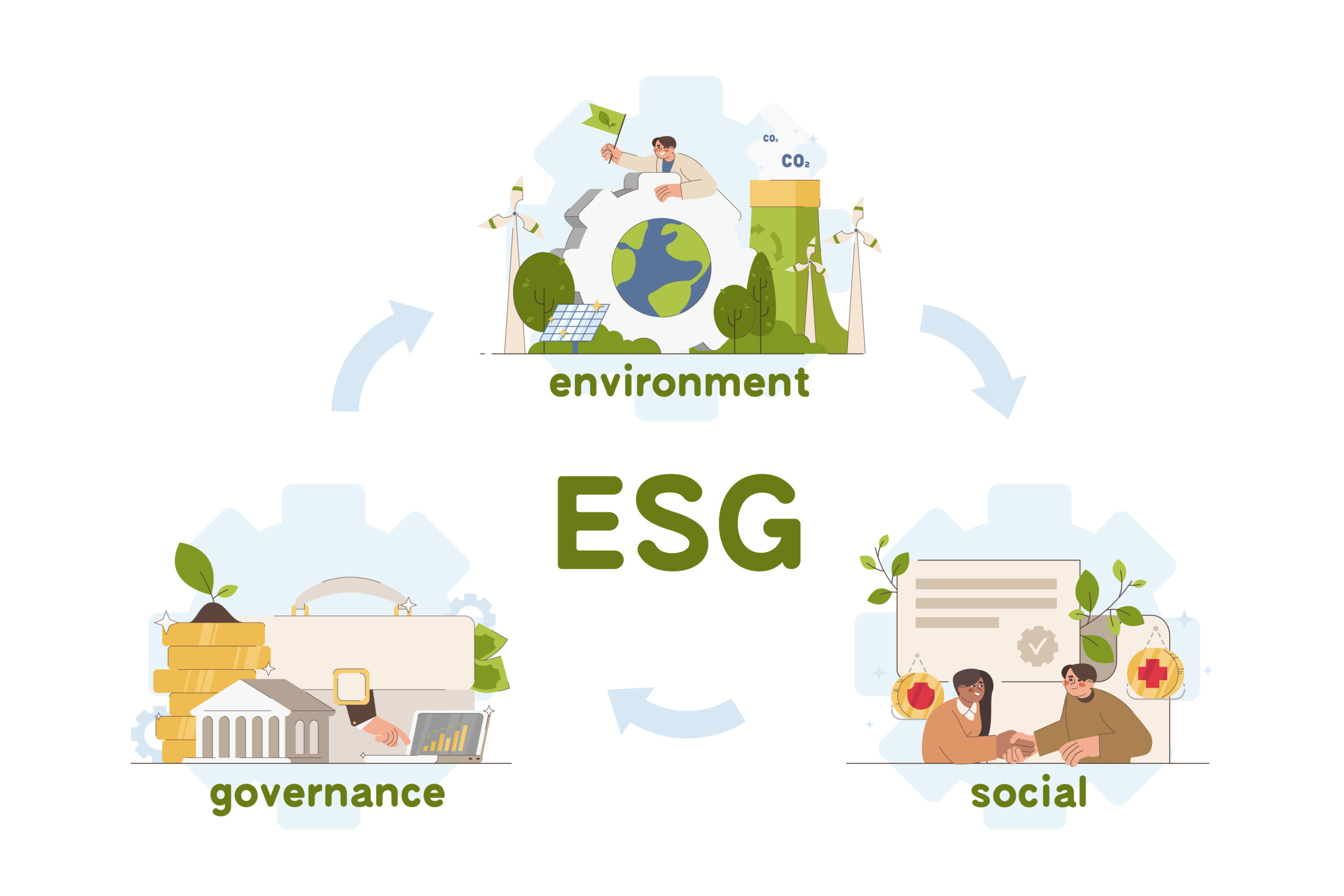[rank_math_breadcrumb]
Cultivating Change and Wealth: The Advantages of ESG Investing

Cultivating Change and Wealth: The Advantages of ESG Investing
In today’s financial landscape, investors are increasingly considering the environmental, social, and governance (ESG) factors in their investment decisions. ESG investing represents a commitment to more responsible and sustainable financial choices. In this article, we’ll explore the concept of ESG investing and the significant benefits it offers to investors.
Understanding ESG Investing
ESG investing is an investment approach that evaluates companies based on their environmental, social, and governance practices. These criteria help investors assess how companies manage their impact on the planet, treat their employees, and maintain ethical and transparent business practices.
The Key Benefits of ESG Investing
- Risk Mitigation: ESG factors provide valuable insights into a company’s risk profile. By investing in companies with strong ESG practices, investors can reduce their exposure to potential financial, legal, and reputational risks. This proactive risk management can lead to more stable and resilient portfolios.
- Long-Term Performance: Numerous studies have shown that companies with strong ESG scores tend to outperform their peers over the long term. This performance is driven by factors like operational efficiency, innovation, and positive relationships with stakeholders.
- Alignment with Values: ESG investing allows investors to align their investments with their personal values and societal concerns. Whether it’s addressing climate change, promoting diversity and inclusion, or supporting ethical governance, ESG investing empowers individuals to invest in a way that reflects their beliefs.
- Access to Growth Sectors: Many ESG investments are positioned in industries with significant growth potential. Sectors like renewable energy, clean technology, and healthcare are poised for expansion and can offer investors both financial returns and the satisfaction of contributing to positive change.
- Attracting Responsible Capital: Companies with strong ESG practices are more likely to attract responsible capital, including investments from ESG-focused funds and institutions. This can enhance a company’s access to financing and contribute to its overall stability.
- Regulatory and Market Trends: Increasingly, regulatory bodies and financial markets are recognizing the importance of ESG disclosures. As such, companies with robust ESG strategies are better positioned to comply with evolving regulations and meet market demands for transparency.
Getting Started with ESG Investing
To get started with ESG investing, consider the following steps:
- Define Your Objectives: Clarify your investment goals and values. Determine which ESG factors matter most to you.
- Research ESG Funds: Explore ESG-focused mutual funds, exchange-traded funds (ETFs), or individual companies that align with your objectives.
- Diversify: Diversify your ESG portfolio to spread risk across various industries and regions.
- Monitor and Engage: Stay informed about your investments’ ESG performance and engage with companies to encourage responsible practices.
By integrating ESG factors into your investment strategy, you not only contribute to a more sustainable future but also potentially enhance the financial performance of your portfolio.
Stay tuned to learn all you need to about the investment landscape with Hedge & Sachs!
Recent insights
Diversity & Inclusion
How to Turn Side Hustles into Long-Term Investment Opportunities